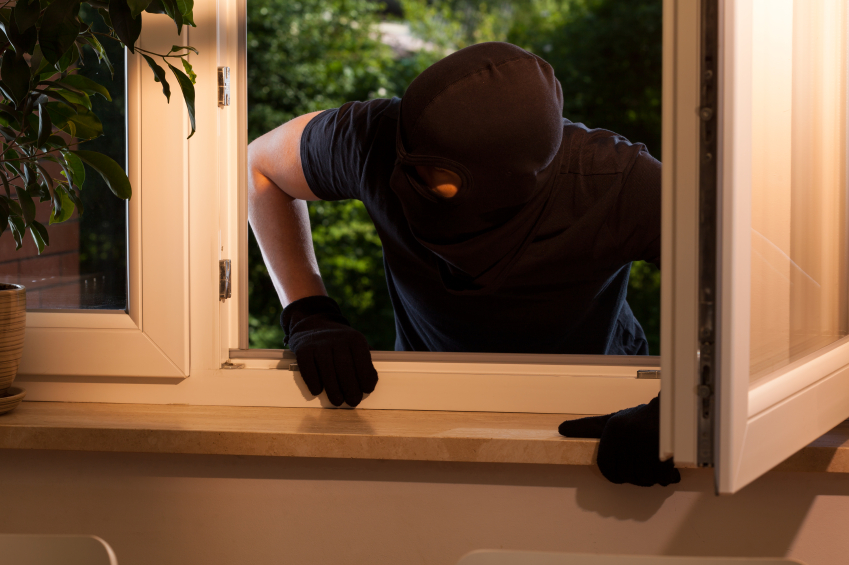My Home Was Broken Into—Now What?

My Home Was Broken Into—Now What?
Each year, over 2.5 million people in the U.S. come home and find their home was broken into. Being the victim of a burglary is both frightening and stressful, and many people have no idea what to do or not do after their home is robbed.
Taking the proper steps after a break-in can help you get your life back on track as soon as possible. The following steps are the most important things to remember.
Don’t enter your home.
If you come home to see obvious signs of a break-in, like a broken window or open door, don’t enter your home. Stay in your car or go to a neighbor’s house. If the robber is still inside, the last thing you want to do is frighten or anger them. One out of three home assaults occur during a break-in, so avoid risking injury or worse and wait for the police to arrive.
Read more: Does car insurance cover broken windows?
Call the police.
Once you’re in a safe place, call 911. Police officers are better trained to enter your home in this situation to make sure everything is OK. Even if you don’t think anything was taken, it’s still important to file a report. Not only is this necessary for your insurance company, but the police may want to increase their presence in your area as a preventative measure.
Before they leave, the police will give you a case number and contact information for the officer or detective working your case. Save this information, and contact them if you need to follow up or provide more information to your report.
Document your damaged or stolen items.
Go through your home and make a list of things that were damaged or stolen. As you’re taking inventory, be careful not to touch or move anything until the police have completed their investigation or told you it’s OK to do so.
Be as detailed as possible in your assessment, making sure to include value, age, and descriptions of items. If property was damaged, take photos. Check for photos you may have of the missing items and include them in your report. Make several copies, as you’ll need them for the police report, insurance company, and your own files.
Notify your bank.
Once the police take their report, contact your bank and credit card companies and let them know you were robbed. Even if your checkbook or wallet is still there, it’s best to be on the safe side. You never know if a thief took a single check or copied information from your cards.
Because identity theft is the fastest-growing crime in the country, you can safeguard your identity by contacting the three credit reporting agencies (Experian, Equifax, and TransUnion) and placing a credit or security freeze on your account. This blocks access to your credit report and prevents anyone from opening an account or line of credit with your name and/or social security number. If you have children, it’s wise to place a credit freeze on their social security numbers as well.
Contact your insurance company.
File a claim with your insurance company for missing or damaged property within 24 hours. Be prepared with all documentation, including the police report and list of missing items. Most companies will send a claims adjuster to your home to investigate.
While a break-in can rob you of your sense of security, there are steps you can take to help prevent it. Help protect your home by always locking your doors and windows. Don’t hide keys in obvious areas, and don’t advertise on social media when you plan on going out of town.
Having adequate renters or homeowners insurance is also a must. Make sure you have an insurance company you trust, who answers your calls and questions in a timely manner and goes out of their way to help you. This will be invaluable if you ever experience a burglary. If you want to make sure you have a policy and company you can depend on, give us a call today. We can help you find a policy that provides the peace of mind you need should the unthinkable ever happen. (For more information, read our “How to File an Insurance Claim after a Home Burglary“).

Free Insurance Comparison
Enter your zip code below to view companies that have cheap insurance rates.
Secured with SHA-256 Encryption


